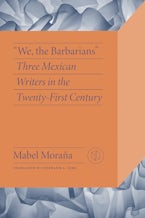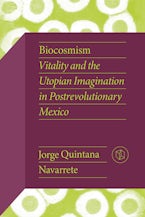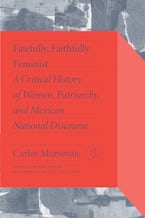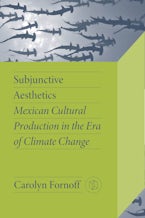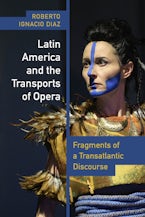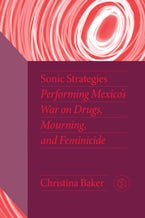- Home
- Exile and Cultural Hegemony
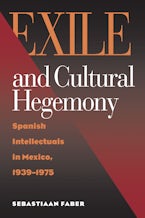
Exile and Cultural Hegemony
Spanish Intellectuals in Mexico, 1939-1975
After Francisco Franco's victory in the Spanish Civil War, a great many of the country's intellectuals went into exile in Mexico. During the three and a half decades of Francoist dictatorship, these exiles held that the Republic, not Francoism, represented the authentic culture of Spain. In this environment, as Sebastiaan Faber argues in Exile and Cultural Hegemony, the Spaniards' conception of their role as intellectuals changed markedly over time.
The first study of its kind to place the exiles' ideological evolution in a broad historical context, Exile and Cultural Hegemony takes into account developments in both Spanish and Mexican politics from the early 1930s through the 1970s. Faber pays particular attention to the intellectuals' persistent nationalism and misplaced illusions of pan-Hispanist grandeur, which included awkward and ironic overlaps with the rhetoric employed by their enemies on the Francoist right. This embrace of nationalism, together with the intellectuals' dependence on the increasingly authoritarian Mexican regime and the international climate of the Cold War, eventually caused them to abandon the Gramscian ideal of the intellectual as political activist in favor of a more liberal, apolitical stance preferred by, among others, the Spanish philosopher Jose Ortega y Gasset.
With its comprehensive approach to topics integral to Spanish culture, both students of and those with a general interest in twentieth-century Spanish literature, history, or culture will find Exile and Cultural Hegemony a fascinating and groundbreaking work.
The first study of its kind to place the exiles' ideological evolution in a broad historical context, Exile and Cultural Hegemony takes into account developments in both Spanish and Mexican politics from the early 1930s through the 1970s. Faber pays particular attention to the intellectuals' persistent nationalism and misplaced illusions of pan-Hispanist grandeur, which included awkward and ironic overlaps with the rhetoric employed by their enemies on the Francoist right. This embrace of nationalism, together with the intellectuals' dependence on the increasingly authoritarian Mexican regime and the international climate of the Cold War, eventually caused them to abandon the Gramscian ideal of the intellectual as political activist in favor of a more liberal, apolitical stance preferred by, among others, the Spanish philosopher Jose Ortega y Gasset.
With its comprehensive approach to topics integral to Spanish culture, both students of and those with a general interest in twentieth-century Spanish literature, history, or culture will find Exile and Cultural Hegemony a fascinating and groundbreaking work.
Sebastiaan Faber, Professor of Hispanic Studies, Oberlin College, is the author of several books, including Exile and Cultural Hegemony: Spanish Intellectuals in Mexico, 1939–1975 (also published by Vanderbilt University Press).
"Sebastiaan Faber's book offers an engaging and detailed analysis of the ideological and political development of Spanish Republican exiles in Mexico. . . . Faber's excellent book provides not only a good narrative of events, but also keen analytical insights, and it should be required reading for anyone interested in the cultural and ideological dynamics of exile in general, the relations between Spain and Latin America in the twentieth century, and, in particular, the production of Republican exiles like Jose Gaos, Paulino Masip and Max Aub."
--Journal of Spanish Cultural Studies

